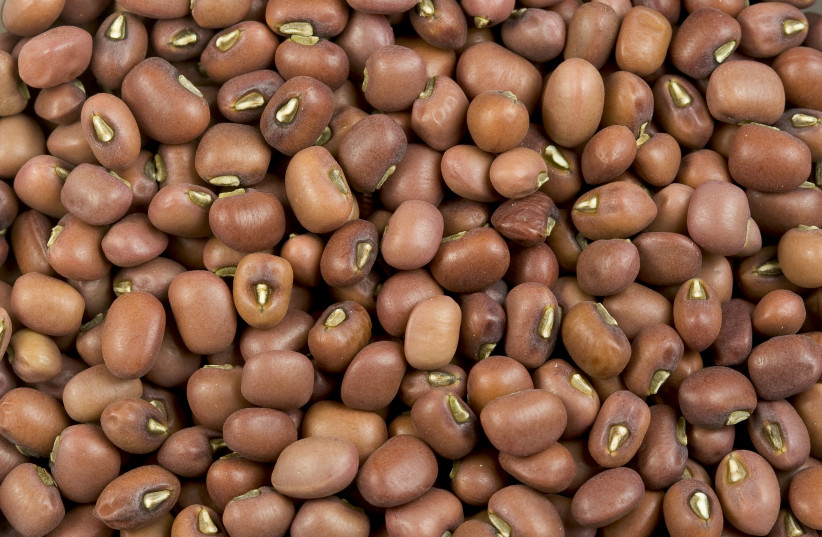Legumes - which include beans, peas, lentils and chickpeas - are a nutritious and satisfying food group, rich in minerals and vitamins. And, they can even help people live longer.
All members of the legume family are rich in nutrients such as copper, iron, magnesium, potassium, folic acid, zinc, protein, fiber and lysine, an essential amino acid which the body needs but doesn't produce.
Author and entrepreneur Dan Boettner, who has spent decades reporting on blue zones, the unique communities around the world where people live long and healthy lives of up to 100 years, explained the benefits of legumes.
Boettner said that fiber helps maintain healthy gut bacteria, reduce inflammation, and improve immune function, noting that only 5 to 10% of Americans get the amount of fiber they need.
Vegetable protein versus animal protein
According to Boettner, beans are full of vegetable protein which is a healthier alternative to animal protein since it has more nutrients and fewer calories. He also noted that by combining beans with whole grains, one receives all the amino acids that make up a complete protein, similar to what's found in meat.

He also added that the fiber in beans can reduce cholesterol levels and help prevent type 2 diabetes by stabilizing blood sugar levels. A 2001 study found that eating beans four times a week reduced heart disease by 22%.
In addition to all these benefits, beans and other legumes are inexpensive and can be grown at home in a variety of soils, making them an ideal food to help economically disadvantaged populations live longer and healthier lives.
Boettner stated that each type of bean has different nutritional properties, so it's better to eat a variety of beans. For example, red beans contain more fiber than many other varieties, and are rich in the antioxidant lutein.
Black and dark red beans are loaded with potassium, and chickpeas contain a lot of magnesium. In sum, you can't beat beans for their incredible nutritional value, and the price is right.
